Originally posted by Mikael Hedberg.
SOMA has been a long journey. For roughly five years I’ve worked on Simon, Catherine, and the others who in some way inhabits the world of SOMA. The game has changed a lot over the years, not just in gameplay and plot, but in tone as well. I think one of the most grounding and solidifying aspects of creating the characters for SOMA has been giving them an actual actor’s voice.
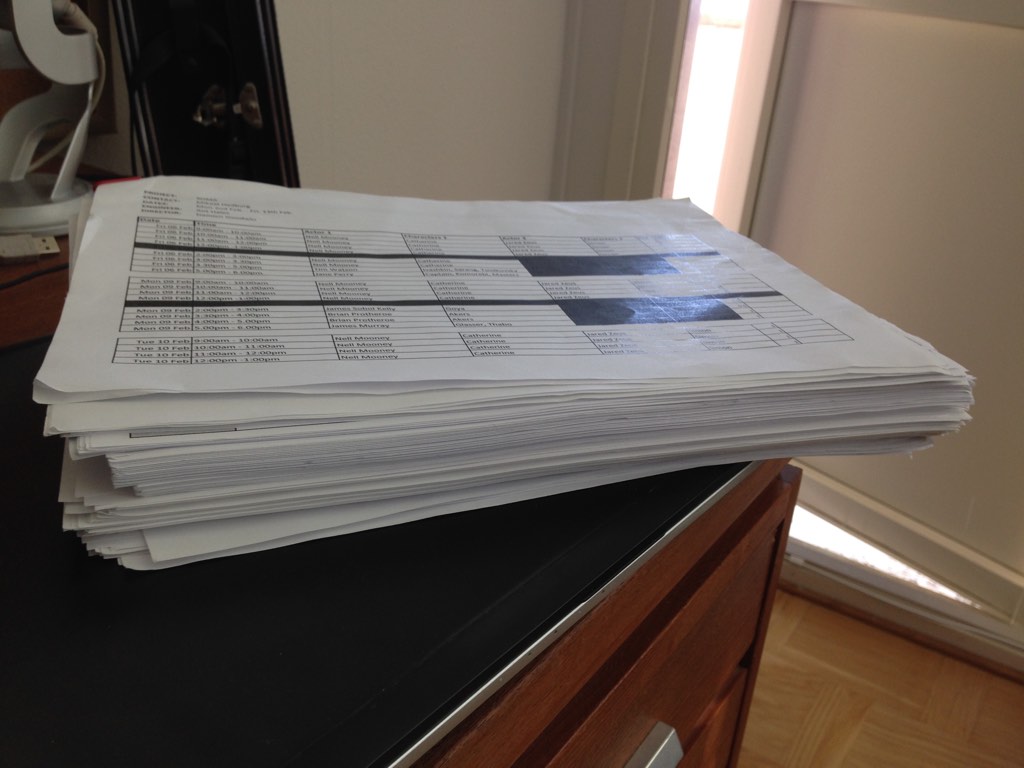
2013 – A Vertical Slice
Voices were first introduced as we were completing the “Vertical Slice” in February 2013. It was to be our first self-contained build that we could show off, test player reactions, and to allow ourselves to make a better judgment on our own work. For me this meant that I would head off to SIDE studios in London and record all the voices needed for about ten levels or so. At the time of the first recording, everything was still very much up in the air. I had written lines for the monsters inside Curie – even the WAU! It was just a mess and I’m glad we cut most of it out.
We haven’t really kept much at all of the material that we recorded during these sessions, but it did raise a very important question – what should Simon and Catherine sound like?
Simon and Catherine are by far the biggest and most complex roles Frictional Games have ever done. Neither Simon or Catherine fill any particular stereotypes found in games, which meant finding the right actors wasn’t going to be easy.
Our initial thought for Catherine was to use her background from Taipei and have her talk with a noticeable accent. In my book, accents are great. Not just because it’s nice to be diverse and inclusive, but because it distinguishes a character and gives them so much flavor. It’s very useful, especially for a game like SOMA where most of the characters don’t have visibly human features to make them stand out. However, what we found after trying a few accents on Catherine was that it actually didn’t work the way we wanted. Combining the voice with the non-expressive visuals made it a little cartoonish, reminding people of Amy Wong from Futurama, a character who is largely comedic. Catherine at this point was even more introverted and it didn’t fit at all that the player should find her amusing like that. Looking back I think we could have made it work, but that Catherine would have been a very different Catherine from what we ended up with. To minimize the risks of making an overtly funny character we decided to let the actress almost completely drop Catherine’s flavorful accent and instead move towards British RP.
Simon’s voice kind of had an opposite journey to Catherine as we ended up finding Jared Zeus right away. However, it wasn’t going to be quite as simple as that.
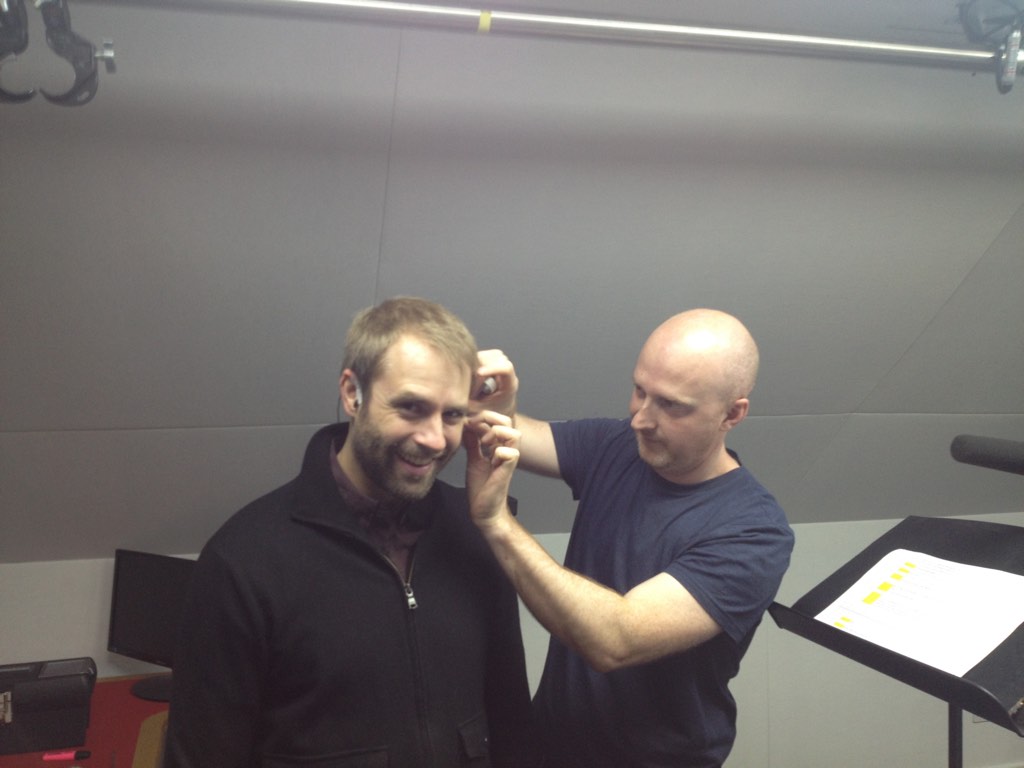
2014 – The GDC Build
The next recording was almost exactly a year later. This time we were looking at the first version of the game that we could show journalists, mainly at GDC, the game developer conference in San Francisco that same year. This was basically the same part of the game we recorded the year before, but with substantial rewrites, which meant going back to page one and doing it all over again.
A big change from my perspective was that it had been decided that we should try to find a tougher kind of Simon, and so we casted another actor to play that part. It caused some slight weirdness seeing how at the same time I had sort of gotten into the Jared Zeus rhythm and started to write him with that actor in mind. During the last year Simon, along with Catherine, had also become more relaxed. I wanted to adopt a little more comical absurdity than just pure angst. Not to go too deep into style, but basically the changes was meant to move away from the melodrama that is more effective when considering a character like Daniel in Amnesia and try to approach a style of horror with a little levity which would be more forgiving when doing proper conversations. Going with a tougher Simon kind of sidetracked that everyman feeling that I had written and this turned out to be a case of wronging a right.
While we were dealing with Simon’s voice, we still didn’t have a Catherine that we felt comfortable with either. The actress we had was great, but the voice simply didn’t gel with the character we wanted. As a side-note I would say that this is how most of these things work out. When choosing an actor for a part there’s very rarely any question of who is better or worse, it’s much more about the personifying qualities that the specific actor can provide. Auditions are not so much a proof of acting chops as much as it is a question of can we find an interesting take on this character that would serve the story. So it’s not the best actor, but the best suited one that you want.
Anyway, back to casting Catherine. All we knew was that the voice we had didn’t work the way we wanted. We did a regular casting round, but none of the voices really hit home – probably because we didn’t really know what to ask for either.
This was starting to look like a serious problem, we were missing one of the most important characters of the game. I went over all the auditions for Catherine again and again, and then I started to look outside of Catherine and dug into all the other roles we had been casting. That’s when I stumbled on Nell Mooney. Nell had been reading for the role of Alice Koster and there was just something about that voice that made sense to me. She had a warm, likable voice that made me think: if this person says or does something completely insane I might just still forgive and trust her. Which is kind of exactly what Catherine needed to be. Thankfully, Thomas agreed that we should give Nell a shot and we ended up casting her even though she hadn’t read any of Catherine’s lines. A really lucky break for us considering how incredibly well Nell would come to bring that character to life.
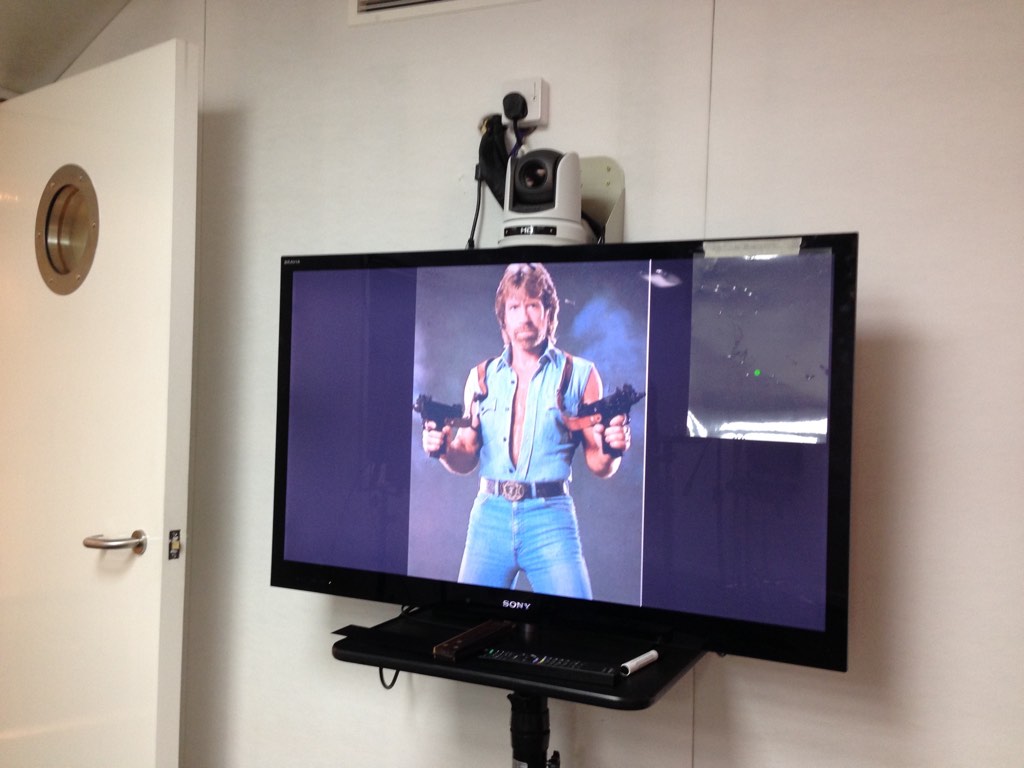
2014 – Building on What We Got
The next recording in October 2014 was meant to complement the stuff we already had. Unlike the jump between the first two recordings, this time it was important that we could get the same actors back to continue their roles. This is the first time we found some logistical problems with recording like this. Unsurprisingly, actors are people that do a lot of cool stuff and they can’t just sit around waiting for us to call them up again. It was really crushing to replace some awesome performances due to the fact that we couldn’t get the actors back that we needed. This meant that we would need to replace a lot of actors and record the old stuff again as well.
Since the last recording it had become apparent that the tougher Simon wasn’t really working the way we wanted, so it was decided that we were going make another round of auditions for that role. Thankfully, I was able to convince Thomas to go back Jared Zeus again.
Even though some of the minor roles still needed to be re-cast and re-recorded, we had our two main characters Simon and Catherine sorted out, which was a huge load off my mind.
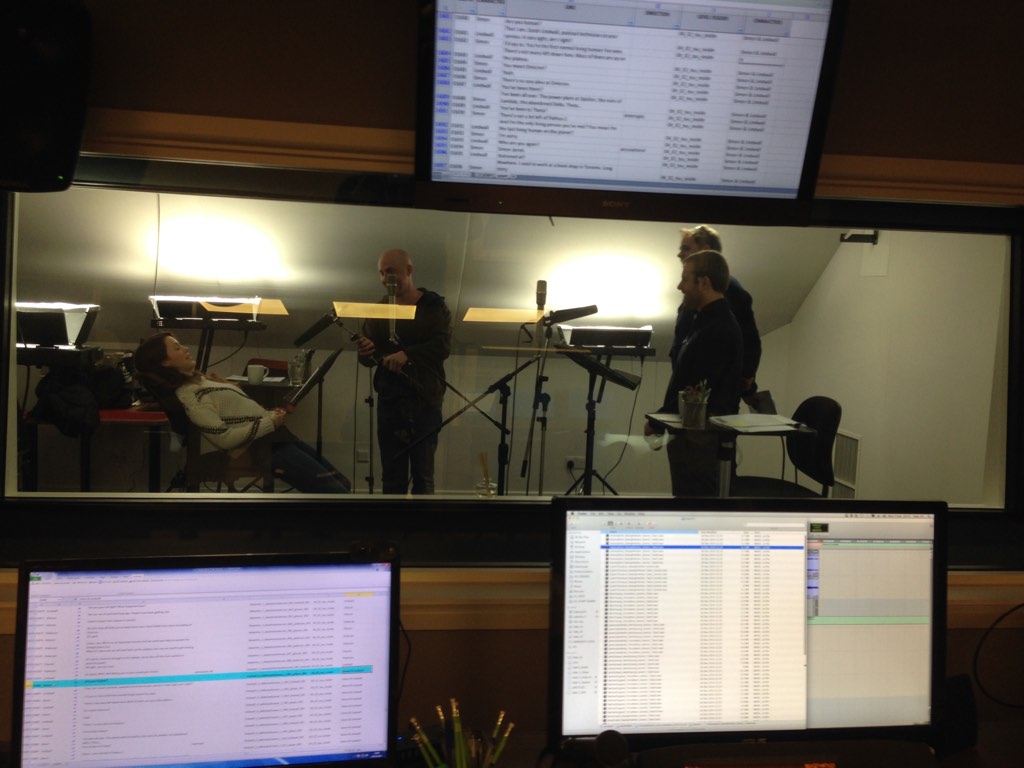
2015 – Beta and Pick-ups
I think it is safe to say that the time between October 2014 and February 2015 is when the game finally found its form. A tremendous amount of stuff had been rewritten and in a way this is when we recorded the game. It was a two week recording and it was a blast – probably the most fun I’ve had professionally. Every morning Jared and Nell would come in and record for four hours. They had by far the most lines and there was a lot to cover. After lunch we would continue with some of the smaller roles, since it’s not a good idea to kill the voice of an actor by keeping them for a full day. Having Jared and Nell consistently record every morning turned out to be great idea. I could kind of hear the whole game play out chronologically and I could see them react to my explanations of what was happening in the different scenes in a way that a player would pick up things.
A game script isn’t very descriptive, so even though they most likely read through the lines before, it’s not really until I give them the context that they realize what is going on. So I could watch them react to the story as I was telling it. Kind of reminds me hosting pen-and-paper RPGs. And the great part about that was being able to do minor changes to the script so it fell more closely in line with what the actors were expressing. I think this is the time when I finally consciously started to express some of the emotional themes of the game, like hope and denial. It was when talking to Damien, our amazing director, that enabled me to slow down and not think like a content producer and instead discuss and work through the material in a sensible way.
We ended up doing one final round of recording late spring where we filled in some gaps in the story and did a new take on the enemies, but other than that I consider the February recording our definitive and by far the most important recording of the whole game.
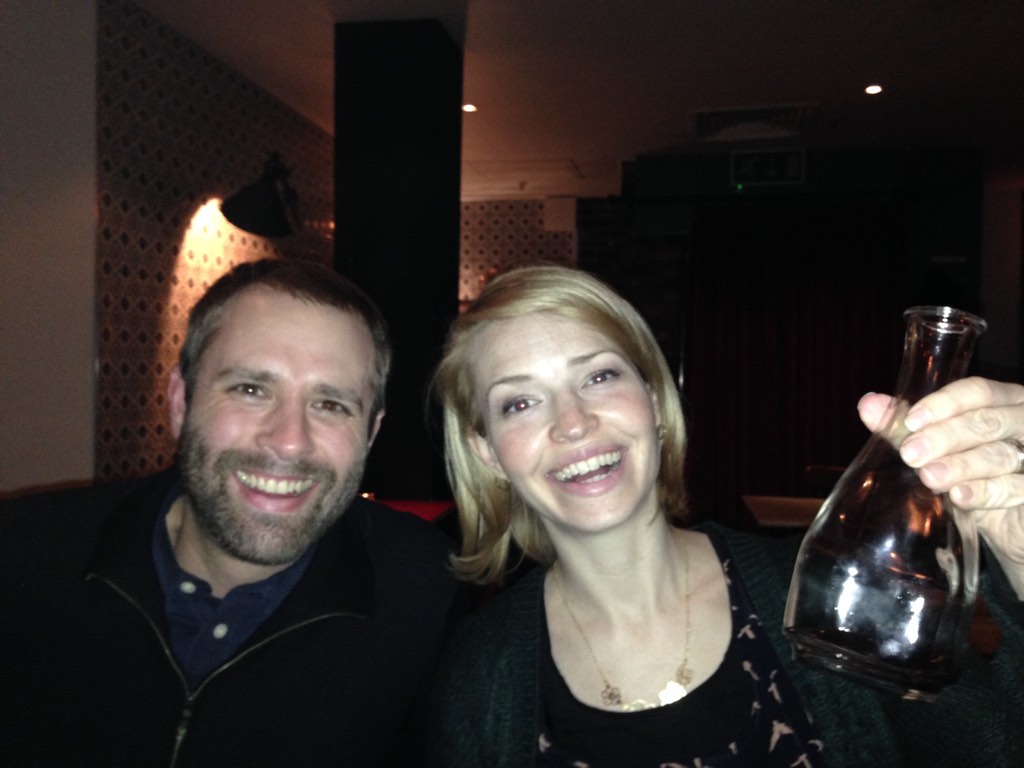
Closing thoughts
I’m not completely sure why I wanted to write an article about the voices of SOMA – I didn’t even tell you about all the fun stuff like how Akers’ once had a voice as a monster and how we almost flew an actress from Iceland to record for an hour. I like to think this is me just paying a small tribute to all the amazing work I’ve seen from directors, sound engineers, producers, casting agents, and of course the multitude of actors who at some point acted out the lines that I put in front of them. Voice recording is an incredibly fun world to work with and I hope to see all of you again in future projects.